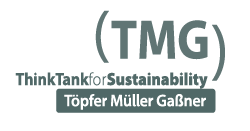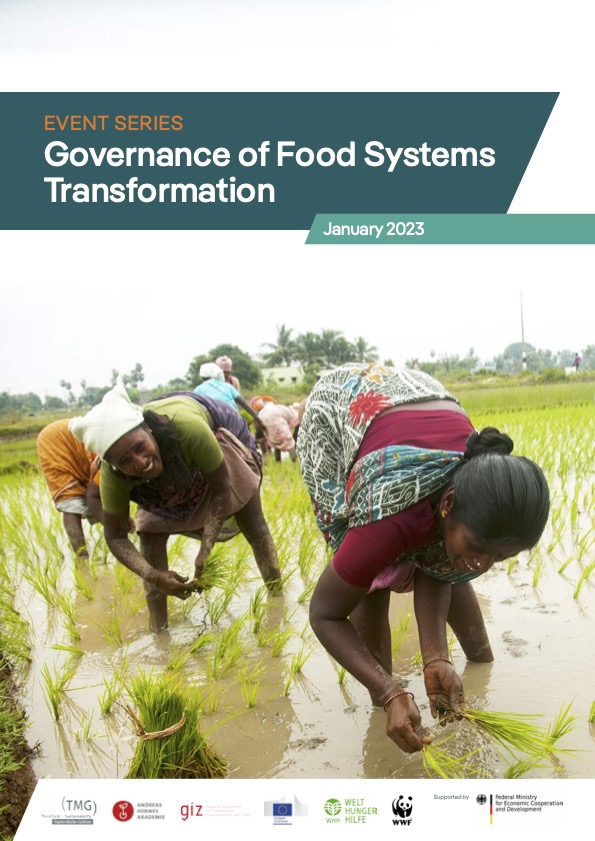Discussion
Emergency solution or silver bullet? National pathways for food system transformation
Exchanging on how to steer transformation processes
This event series seeks to provide a forum for key food systems actors from different fields, sectors, and countries to exchange on how to steer transformation processes and what different stakeholders require to assume their role in such processes. Taking place in the lead up to, as well as during GFFA 2023, the event series will comprise three in-person discussion rounds bringing together participants from policy, civil society, research, and the private sector
17-18 January 2023: Technical workshop on Food Systems Governance - Towards a common understanding [on invitation] Towards a common understanding: Bringing together partner and implementing organizations involved in the “One World, No Hunger” (SEWOH) initiative, this 1.5 day the workshop aims to develop a common understanding among actors from the Global South on how to govern food systems transformation, based on practical examples from SEWOH partner countries.
19 January 2023: High-Level event on Food Systems Governance - Creating alliances for transformation [on invitation] This two-hour roundtable will bring together donors and implementers to discuss how international cooperation can sustainably support effective governance of food system transformation. The discussions will be informed by actual experiences in designing and implementing FST approaches in several SEWOH partner countries.
20 January 2033: GFFA Expert Panel - Emergency solution or silver bullet? National pathways for food system transformation [public event] This session will gather diverse perspectives from research, policy and practice to support the design and implementation of effective FST pathways in international cooperation programmes.
The use of “national pathways” as an instrument for transforming food systems is a central outcome of the United Nations Food Systems Summit. However, the delegation of responsibility to the national level is also an expression of the controversy surrounding a global governance system. Against this background, the expert panel will address the following questions: What can be achieved at the national level and how can the necessary transformation processes be designed to reach measurable and comparable results? Who has a voice at the negotiating table and how is the participation of vulnerable groups ensured? How must governance processes for transforming food systems be implemented and how can international cooperation actors such as the European Union or Germany provide targeted support for these processes? The aim of the expert panel is to approach these questions from the perspective of selected partner countries of European and German development cooperation (probably Ethiopia, Kenya, Cambodia).
Contributions from government representatives, farmers organisations and civil society actors of rural areas will be complemented by short inputs from the German government, the EU and research. As a concrete approach, recommendations from a study, commissioned by the EU, on the governance of food systems transformation will be mirrored with practical experiences from partner countries.
Scientific concepts and policy recommendations are numerous. The central problem in the transformation of food systems remains implementation and social acceptance. The expert panel would like to contribute concrete recommendations for action based on diverse practical experiences.
Date
Time
09:30 - 11:00 (UTC+1)
Organisers
TMG Research
Andreas Hermes Academy
European Commission DG Research & InnovationBioeconomy & Food Systems (B2)
Welthungerhilfe
Deutsche Gesellschaft für Internationale Zusammenarbeit (GIZ)
WWF
Languages
English
German


